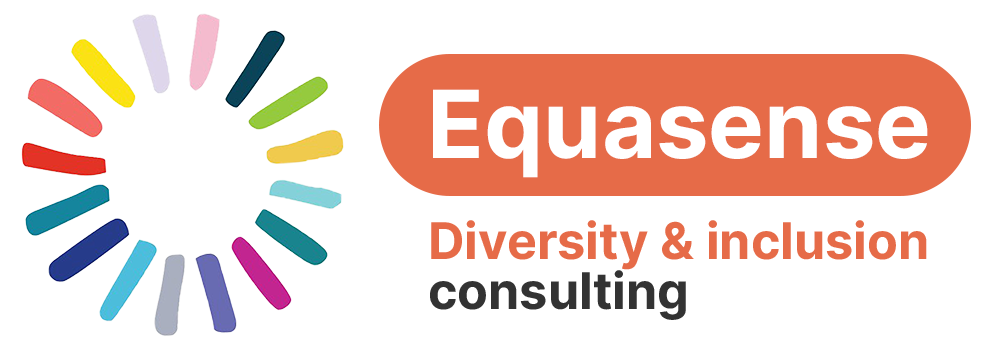Number seven on #22WaysToBeConsciouslyInclusiveIN2022 is one that I’m really passionate about. CVs.
If I could change one thing about recruitment, it would be the use or misuse of CVs. I understand the need for a summary of people’s experience of course, but I’m not sure a free-form CV is the right way to do it.
Left to their own devices, many people include more information on their CVs than is relevant for the job and any non-critical information runs the risk of being a bias trigger. People tend to include e.g. names of schools, colleges and universities – potentially triggering affinity bias, or halo or horns biases. Any hint of non-work relevant activities such as hobbies could also trigger biases (conscious or unconscious). Interestingly, I raised this point with a participant on one of my training courses and he said that he had deliberately exploited those affinity biases via his CV because he had a name that is culturally non-white-British. He felt these biases were useful to counterbalance the bias against his name. So maybe I am writing from a position of privilege here – but I think we should still be trying to remove the bias.
We also assume a certain amount of social or cultural capital when we ask for CVs and this could discriminate against talent from currently under-represented groups. Standardised CVs could be the answer, but if you are going to do this, might it not be better to have an application form with questions based around the role and the skills and experience needed? It should give flexibility as to how to answer it of course so that if someone wants to answer a question about leadership skills by referring to being captain of the football team then of course that is still a possibility, but at least it’s a focussed answer rather than “I am the captain of my football team”.
Note that I’d do away with CVs totally rather than asking for an application form or covering letter AND a CV – I’ve been in some organisations that ask for both and half the panel read the form and not the CV, and the others read the CV and not the form. I’m not convinced this is the best way for a panel to prepare.
My suggestion to do away with CVs tends not to go down too well initially at least – for places where they have been used for a long time, the thought of doing anything different is radical. People tend to invoke the “but it’s easier for the applicants if they are applying for lots of jobs to just have one CV”. Which is interesting because I’ve always thought you needed to tailor your CV to the role anyway?
If you don’t feel ready to lose the CVs yet, maybe consider some training for your recruitment panels on how to read CVs with the job role in mind and being aware of the potential for bias? Additionally, you could provide readily available support for applicants who may not be used to either forms or CVs.


Recent Comments